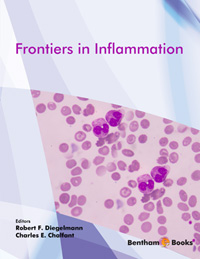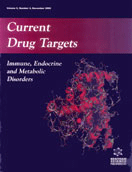Abstract
Among a diversity of localizations throughout the human organism, inflammation may also manifest within joints. It is an important feature of rheumatoid and degenerative arthritis, two major rheumatic joint disorders with high individual disease burden and tremendous socio-economic costs. Their etiologies and pathogenic mechanisms are quite diverse. Many aspects are still not fully understood today, and this often compromises instant and adequate individual therapy. However, continuing research efforts seem to succeed in gathering novel insights that also pertain to the inflammatory aspect, which represents a major player in painful and rather disabling joint destruction. However, it turns out to constitute the common final path within a complexity of initiating and perpetuating processes. Even though lacking total completeness, the different contributions of genetics, the immune system and environmental factors are well investigated to a far extent in rheumatoid arthritis, while in degenerative arthritis correlating elucidations lag behind these achievements, which might be due to a minor immunological but the more enigmatic pathology. Nevertheless, growing investigative efforts to similarly distil key mechanisms of disease are also quite well under way in osteoarthritis. The present review aims to give a selected overview over the current knowledge about rheumatoid and degenerative arthritis. Although this includes aspects on disease management in the clinical routine, the main focus is given by shedding light on the etiopathogenic context including establishment of inflammation in both entities.
Keywords: Degenerative arthritis, Disease management, Etiopathogenesis, Immunology, Inflammation, Joint destruction, Osteoarthritis, Pathogenic mechanisms, Pathology, Rheumatic joint disorder, Rheumatoid arthritis.






















